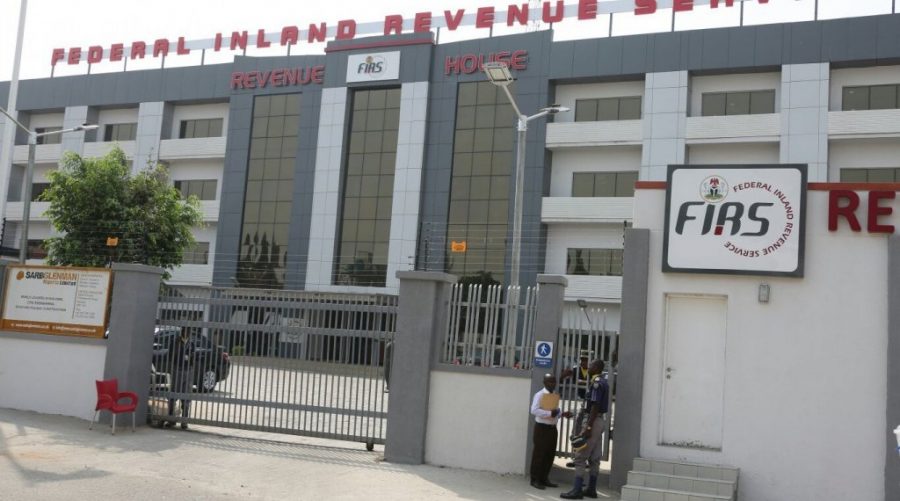The Federal Inland Revenue Service (FIRS) has commenced the deduction of taxes at transaction points from Online Gaming companies using the Sentinal National Payment Gateway and Electronic Solution.
The Chairman, Mr. Muhammad Nami, in notice he issued, in Abuja, yesterday, directed full compliance by the online gaming community.
He explained that the Sentinal National Payment Gateway was a transaction processing system that enables Integrated Payment Services Providers to deduct taxes at the points of transaction and immediately remit the tax deducted to the government’s treasury.
According to a notice he issued yesterday, “The FIRS is automating the administration of tax on online gaming using Sentinal National Payment Gateway and Electronic Solution.
“Sentinal National Payment Gateway is a transaction processing system that enables Integrated Payment Service Providers to deduct taxes at transaction-points and remit the tax deducted directly to government’s treasury.
“The deployment of Sentinal National Payment Gateway will simplify tax compliance for companies engaged in online gaming activities.”
He directed all operators offering online gaming services in Nigeria to connect to the Sentinal National Payment Gateway, deduct tax from online gaming transactions and remit same directly to the relevant government’s treasury.
Mr. Nami directed all such connections must be concluded before the end December, this year.
He said that although it was not mandatory for online gaming operators offering online gaming services from outside Nigeria to be incorporated in Nigeria, they were compelled by extant tax laws to connect to the Gateway for the purposes of deducting tax from the gaming transactions of players in Nigeria, and remitting same directly to the government purse.
The Chairman described the new approach as an innovation needed to harness technology for improved revenue generation from e-commerce, as well as, for accountability.
According to him, “The world is entering a challenging time where there is a strong obligation on Governments to increase tax revenue as a percentage of GDP so as to provide much needed funding for local infrastructure and public services. Nigeria needs to innovate and harness technology to ensure that online transactions are taxed and accounted for.
“We have been very impressed with the Sentinal platform which allows us to not only collect tax revenues at source, but also provides us with tax reporting and monitoring tools in real time,” Mr Nami stated, “The system will also integrate with our own TaxPro Max portal.”
Meanwhile, the Director-General of the National Lottery Regulatory Commission of Nigeria, Mr. Lanre Gbajabiamila, has commended the adoption of the gateway.
He said at a meeting with the tax agency officials, “Online gaming continues to grow rapidly in Nigeria, particularly on mobile, and the adoption of E-technologies’ Sentinal National Payment Gateway is a huge step for us to allow us to capture gaming duty at source.
“We are welcoming all responsible offshore gaming operators to apply for a Remote Operator Permit as long as they pass all the relevant criteria including full AML screening and responsible gaming practices. We are proud to be the first country to adopt the Sentinal System and we believe it will bring a real national benefit to Nigeria.”
David Kicks, the CEO of the E-Technologies Global Limited, the proprietors of the Sentinal National Payment Gateway also expressed excitement over the adoption of the system by the Service.
“Governments in rapidly developing nations are struggling to keep pace with the evolution of eCommerce and the ascent of mobile transactions.
“We are thrilled that the Nigerian Government has made the decision to integrate our Sentinal System, which empowers them to streamline online taxation. By understanding better how the payments ecosystem behaves and evolves, we can drive a paradigm shift towards a point of consumption tax methodology,” he said.




